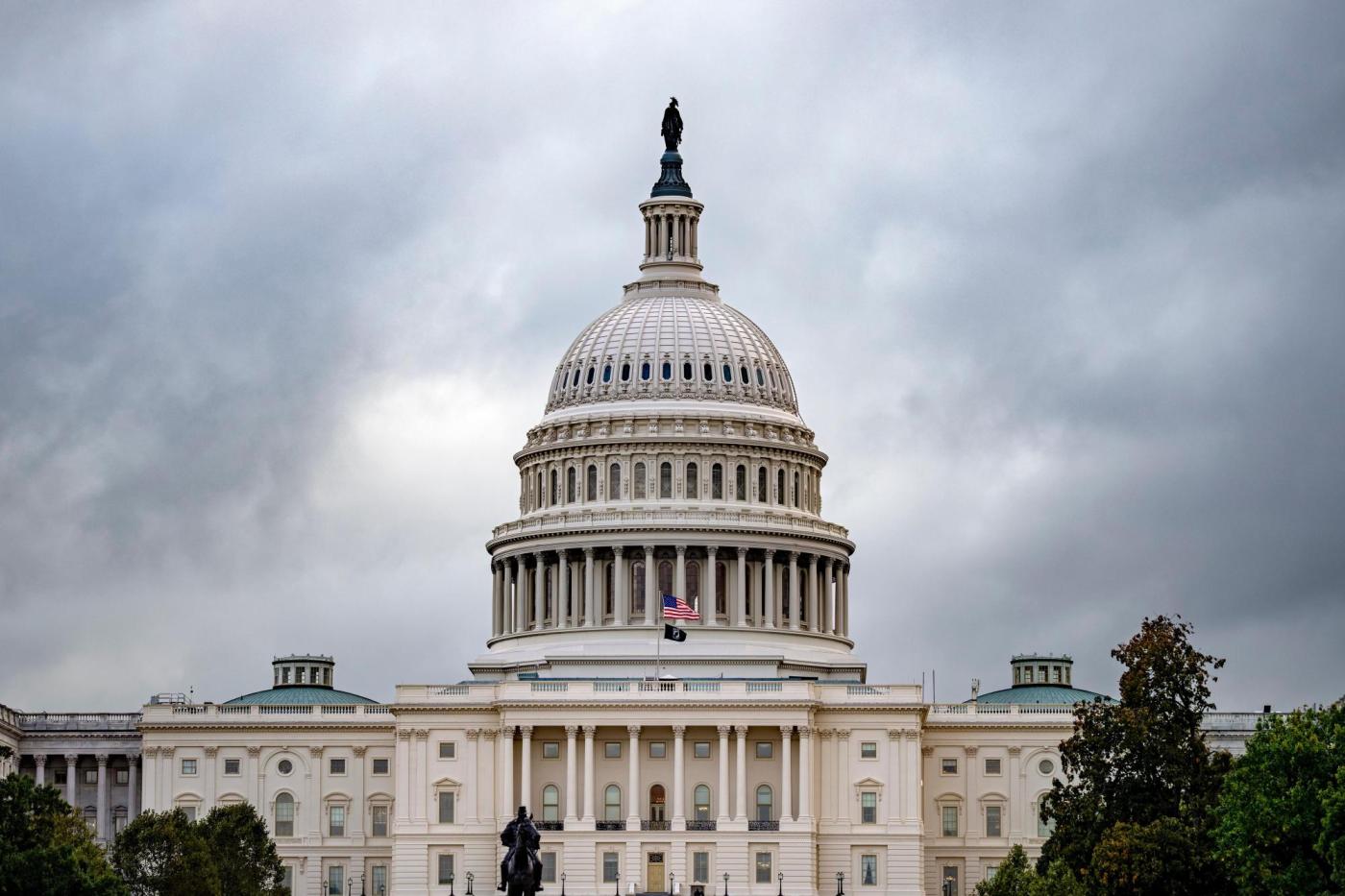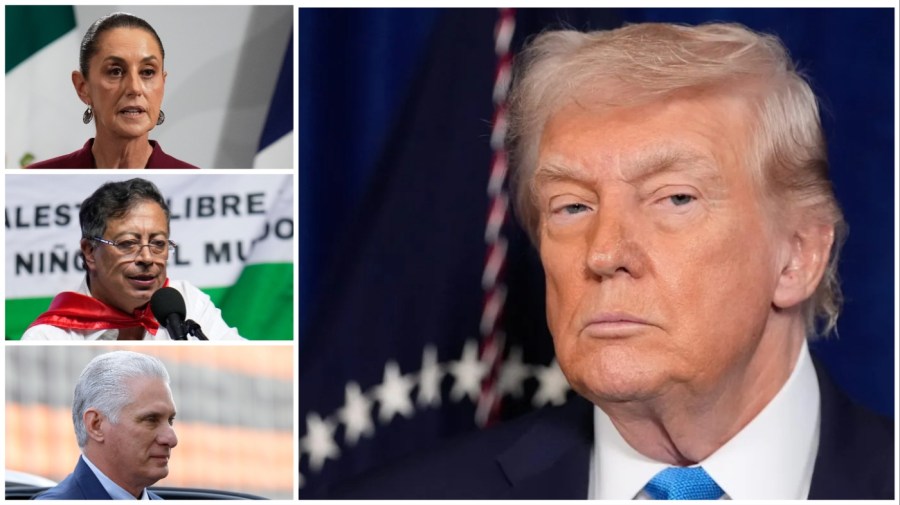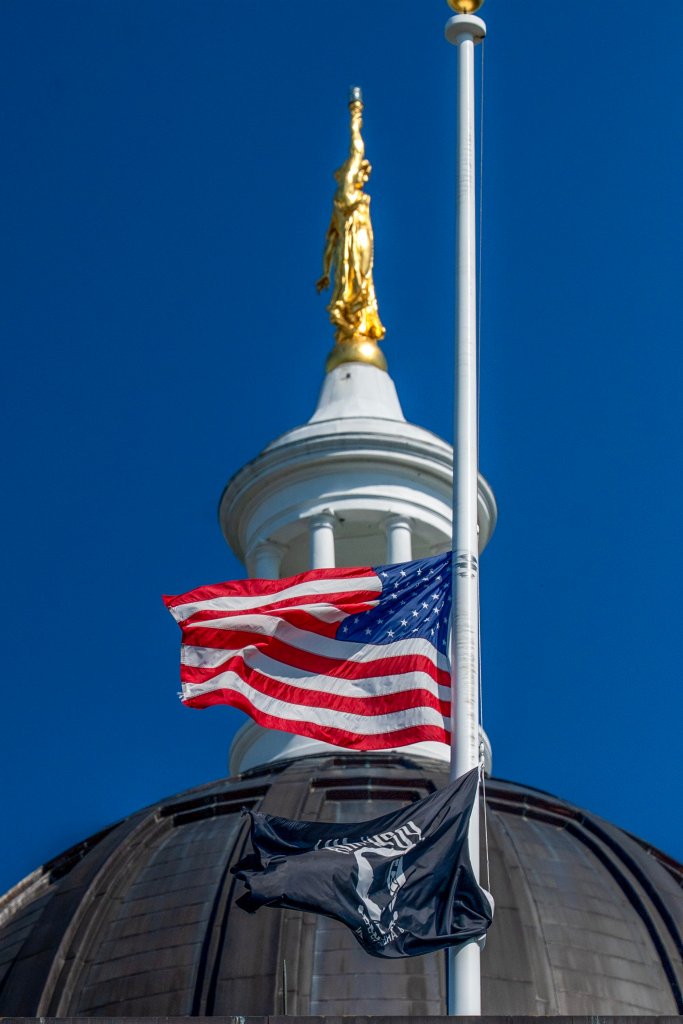As the United States approaches another election season, a pressing concern emerges: the effectiveness of civic education in empowering citizens to hold politicians accountable. In the wake of a historic election year, many Americans find themselves disillusioned by the persistent cycle of political promises that often lead to disappointment. Candidates frequently proclaim that the government has failed its citizens, yet once the votes are counted, these declarations dissolve into a familiar pattern of partisanship and stagnation.
The question of accountability extends beyond politicians breaking their promises; it challenges the electorate’s willingness to continue believing in these declarations. Despite an understanding that many politicians fall short of their commitments, voters repeatedly engage in the political process, seeking hope in new slogans that promise transformative change.
Political science provides two insightful theories to explain this phenomenon. The first, known as public choice theory, developed by economists James Buchanan and Gordon Tullock, posits that politicians act out of self-interest, similar to any other individual. The second theory, David Mayhew’s electoral connection, suggests that this self-interest is primarily driven by a desire for re-election. These theories reveal that even the most idealistic rhetoric often conceals practical motives focused on maintaining office.
Understanding the motivations behind political promises is only part of the solution to the issue of civic responsibility. The other half lies within citizens themselves and the importance of civic education. By acquiring knowledge about policy, understanding how institutions function, and advocating for equitable, evidence-based solutions, individuals can gain leverage over political powers. Without this foundation of knowledge, voters remain susceptible to the emotional appeals and anti-intellectual rhetoric often employed in political discourse.
This trend is not confined to one political ideology. While some may associate anti-intellectualism primarily with right-leaning politicians, representatives from both sides of the aisle have engaged in similar tactics. Whether it is a progressive candidate claiming to “meet people where they are” or a populist leader framing “the elites” as the enemy, both strategies aim to flatter voters rather than challenge them to engage critically with political issues.
A lack of civic education fosters an environment where manipulation thrives. When citizens do not fully understand their government, it becomes easier for politicians to redefine truth to fit their agendas. This reliance on slogans rather than substantive policy leads to outrage without meaningful outcomes. History serves as a cautionary tale; from the demagogues of ancient Athens to the populist leaders of modern Europe, the decline of civic virtue often precedes a loss of liberty.
Reform cannot solely rely on politicians, who, driven by self-interest, are unlikely to prioritize an educated electorate. Instead, it must originate from the people. Nearly 250 years ago, the United States was founded on the principle that all individuals are created equal, coupled with the expectation that they would strive for virtue and wisdom independent of government approval. The strength of a democracy lies in the demands of its citizens.
Civic education fosters informed reform, which in turn cultivates a knowledgeable public. An informed electorate can hold politicians accountable by voting out representatives who fail to deliver on their promises. This cycle of accountability is critical to the system envisioned by the founders of the nation. The Constitution did not aim for a perfect government; rather, it established a framework that acknowledges imperfection and empowers the public to correct it.
The ballot box, the press, and civic participation are intended to be instruments of renewal, not mere symbols of frustration. To fall into cynicism—the belief that the system is irreparably flawed—is to ally with corruption. Cynicism undermines the duty of citizenship, replacing it with a desire for complaint rather than action. Education, even in its most basic form, serves as the antidote to distrust, allowing citizens to recognize manipulation and differentiate between competence and charisma.
When disagreements arise, viewing them not as treason but as an essential aspect of democracy is crucial for progress. Only then can society aspire toward a more perfect union, where corruption and self-interest are kept in check by an enlightened citizenry. The vitality of the republic depends not on the purity of its leaders but on the vigilance, virtue, and understanding of its people.
In conclusion, the responsibility to foster civic education falls not only on politicians but significantly on the citizens themselves. As the electoral landscape evolves, the imperative to educate and engage will determine the future of democracy itself.







